Good sleep is incredibly important.
It helps you feel good and makes your body and brain function properly. Being awake for 18 hours straight makes you drive like you have a blood alcohol level of .05. Getting less than 7-9 hours of sleep has a drastic impact on your health (including increasing your risk of diabetes, heart disease and even death).
Some people have no problem falling asleep. However, many others have severe difficulty falling and staying asleep through the night.
Here are 11 simple ways to fall asleep as fast as possible.
1. Lower the Room Temperature
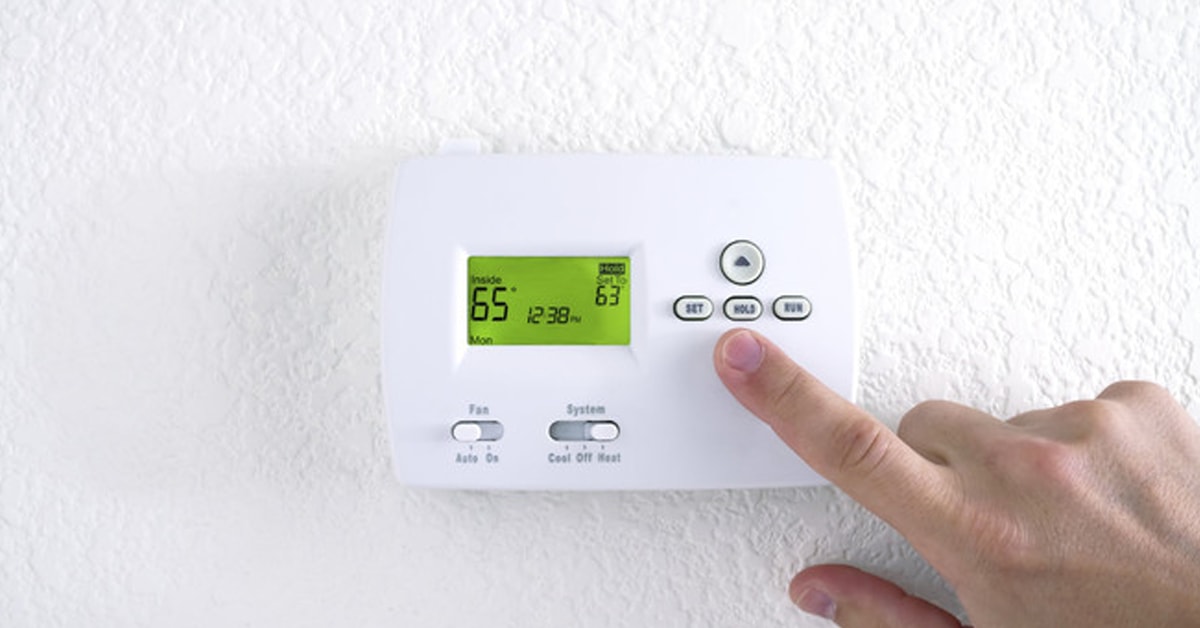
Your body temperature changes as you fall asleep. Core temperature decreases, while the temperature of your hands and feet increases (2, 3).
If your room is too warm, you might have a hard time falling asleep. Setting your thermostat to a cool temperature between 60–75°F (15–23°C) could help (4).
Individual preferences will vary, so find the temperature that works best for you.
Taking a warm bath or shower could also help speed up the body’s temperature changes. As your body cools down afterwards, this can help send a signal to your brain to go to sleep (5, 6).
2. Use A Dodow Device To Regulate Your Breathing
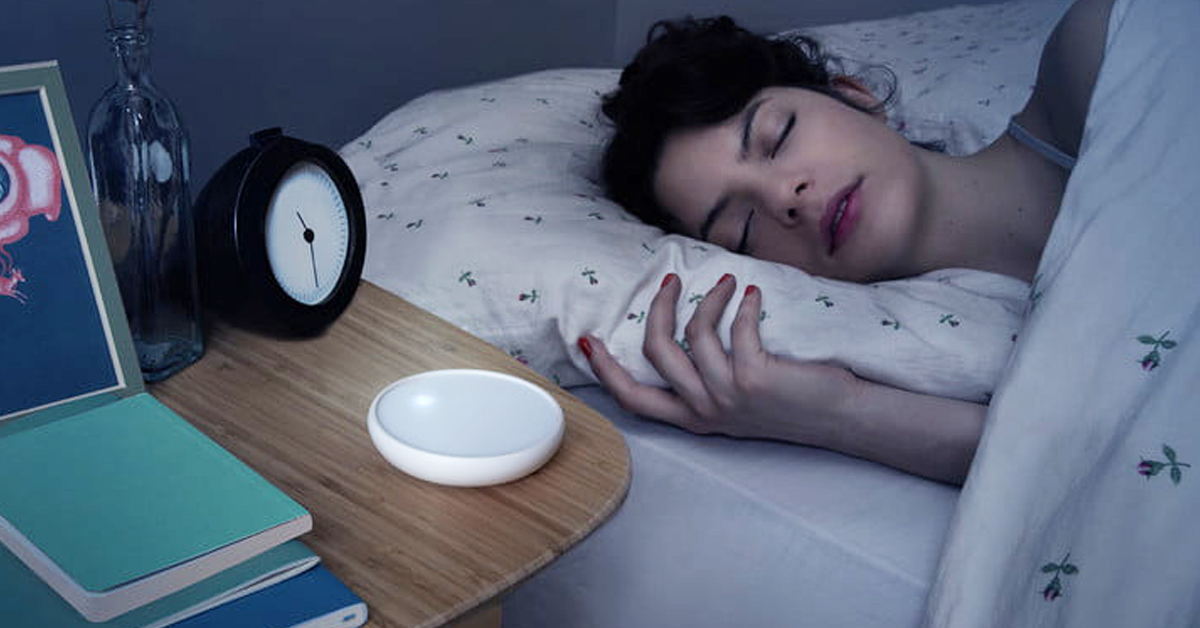
The Dodow is a new device created by two tech entrepreneurs that is meant to regulate your breathing so that you can fall asleep fast. Dodow is a little round device that’s smaller than most drink coasters. You put it on your night stand and it projects a soft blue light-metronome onto your ceiling. You then focus on and breathe along with the light as it fades in and out.
Seems too simple right? New research suggests it actually works! (10)
3. Get on a Schedule
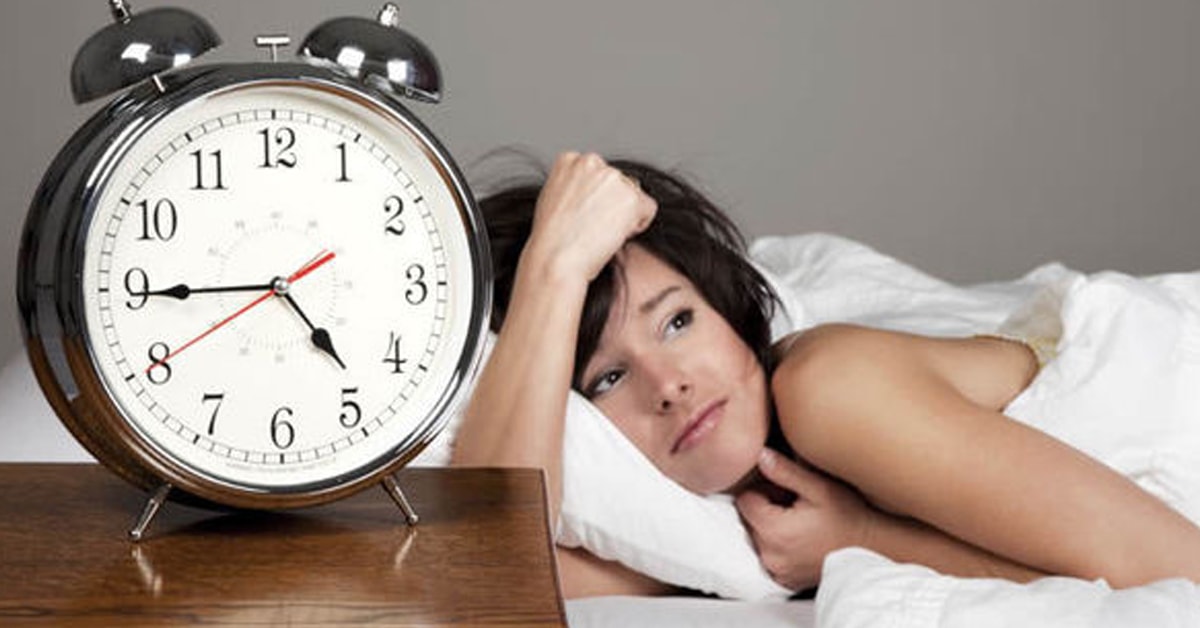
Many people find that setting a sleep schedule helps them fall asleep easier.
Your body has its own regulatory system called the circadian rhythm. This internal clock cues your body to feel alert during the day but sleepy at night (7).
Waking up and going to bed at the same times each day can help your internal clock keep a regular schedule. Once your body adjusts to this schedule, it will be easier to fall asleep and wake up around the same time every day (8).
It is also important to get seven to nine hours of sleep each night. This has been shown to be the optimal sleep duration for adults (7).
Lastly, give yourself 30 minutes to an hour to wind down in the evening before getting in bed. This allows your body and mind to relax and prepare for sleep (9).
4. Experience Both Daylight and Darkness
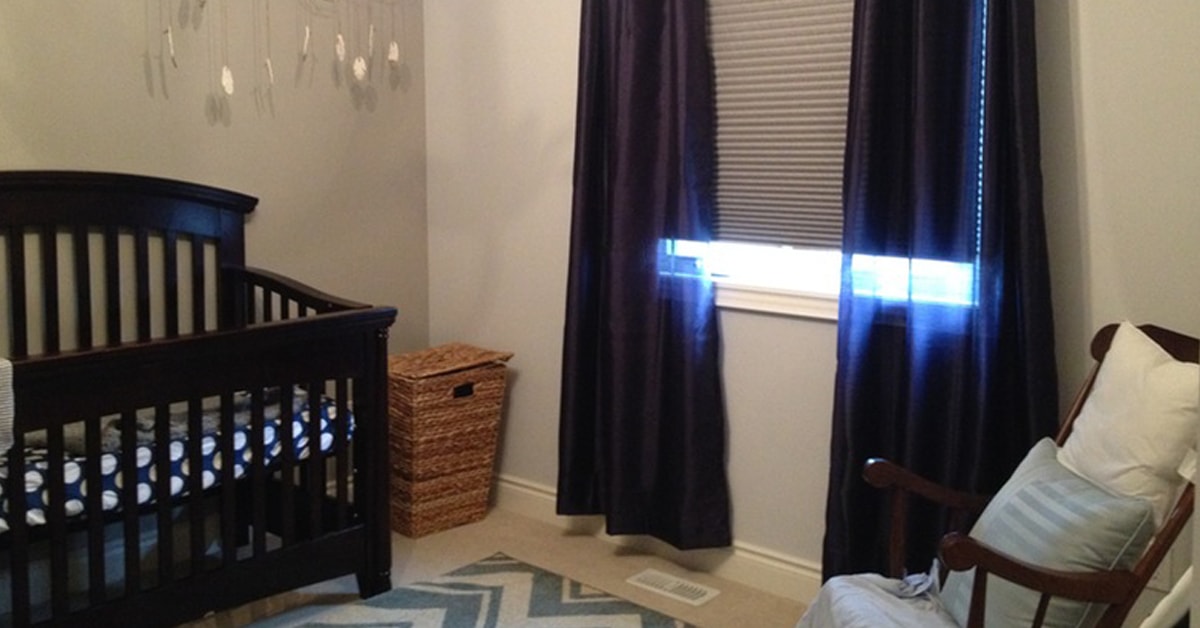
Light can influence your body’s internal clock, which regulates sleep and wakefulness.
Irregular light exposure can lead to disruption of circadian rhythms, making it harder to fall asleep and stay awake.
During the day, exposing your body to bright light tells it to stay alert (11, 12).
At night, darkness promotes feelings of sleepiness. In fact, research shows that darkness boosts the production of melatonin, an essential hormone for sleep (13, 14).
Get out and expose your body to sunlight or artificial bright light throughout the day. If possible, use blackout curtains to make your room dark at night.
5. Avoid Naps During the Day
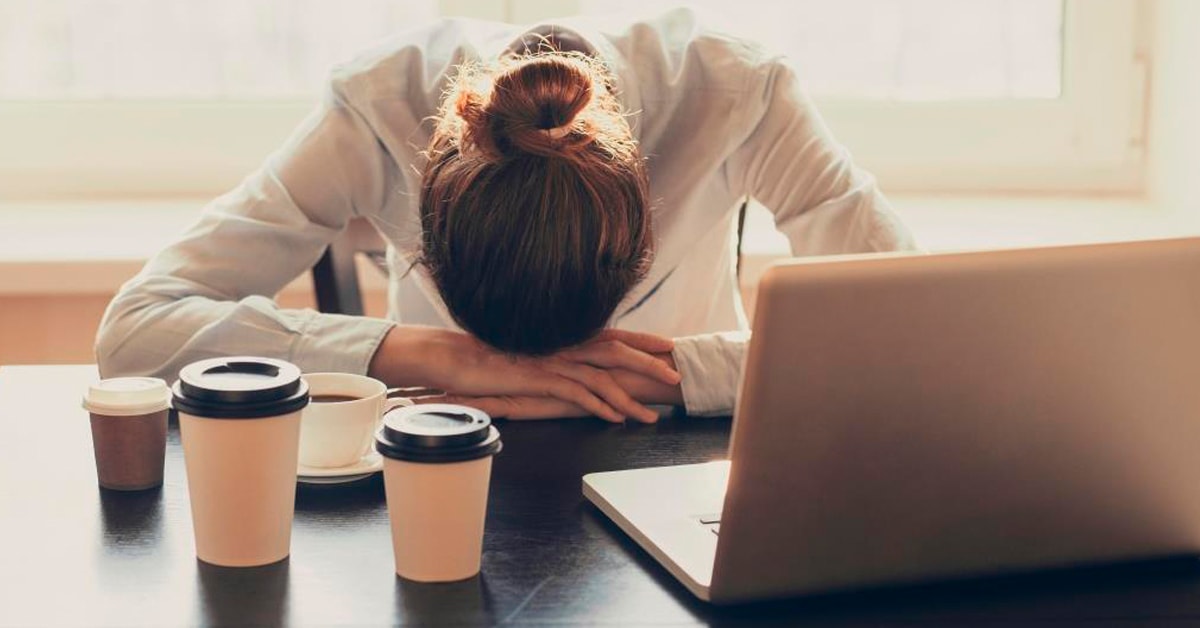
Due to poor sleep at night, people with insomnia tend to be sleepy during the day. This often leads to daytime napping.
While naps of short duration have been linked to improvements in alertness and wellbeing, there are mixed opinions about the effects of napping on nighttime sleep.
Some studies have shown that regular, long (two hours or more) and late naps may lead to poor nighttime sleep quality and even sleep deprivation (20, 21).
One study showed that among 440 college students, those who reported taking three or more naps per week, those who napped more than two hours and those who napped late (between 6 and 9 p.m.) had the poorest nighttime sleep quality (20).
Another study found that older adults who napped frequently had lower quality nighttime sleep, more depressive symptoms, more limited physical activity and were more likely to be overweight than those who rarely took a nap (21).
Other studies have revealed that naps do not affect nighttime sleep (22).
To find out if naps are affecting your sleep, try either eliminating naps altogether or limiting yourself to a short nap (30 minutes or less) early in the day.
6. Watch What and When You Eat

It seems that the food you eat before bed may affect your sleep. For example, research has shown that high-carb meals may be detrimental to a good night’s rest.
A review of studies concluded that even though a high-carb diet can get you to fall asleep faster, it will not be restful sleep. Instead, high-fat meals could promote a deeper and more restful sleep (23, 24).
In fact, several studies agree that a high-carb/low-fat diet significantly decreased the quality of sleep compared to a low-carb/high-fat diet with the same amount of calories for both diets (25, 26).
If you still want to eat a high-carb meal for dinner, you should eat it at least four hours before bed, so you have enough time to digest it.
For more details on foods to eat for better sleep (and for weight loss) watch this video.
7. Exercise During The Day
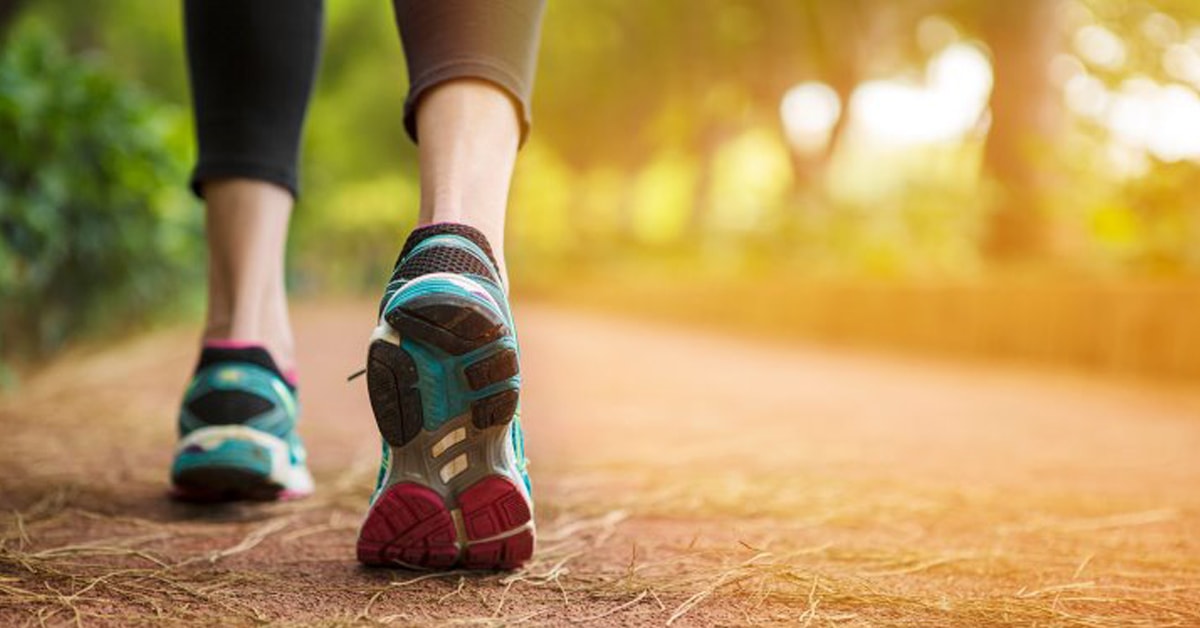
Physical activity is often considered beneficial to healthy sleep.
Exercise can increase the duration and quality of sleep by boosting the production of serotonin in the brain and decreasing levels of cortisol, the stress hormone (34).
However, it is important to maintain a moderate-intensity exercise routine and not overdo it. Excessive training has been linked to poor sleep (35).
The time of the day when you exercise is also critical. To promote better quality sleep, working out early in the morning appears to be better than working out later in the day (36, 37).
Therefore, moderate-to-vigorous exercise in the morning could significantly improve the quality and quantity of your sleep.
8. Get Comfortable
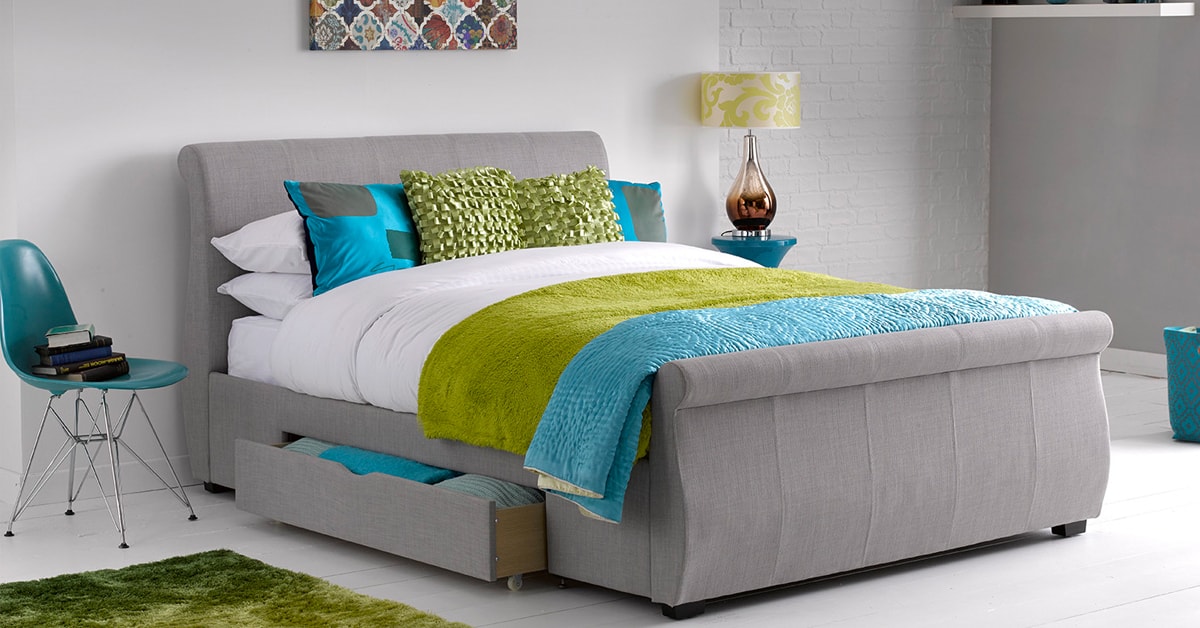
It has been shown that having a comfortable mattress and bedding can have a remarkable effect on the depth and quality of sleep.
A medium-firm mattress has been shown to positively affect sleep quality and prevent sleep disturbances and muscular discomfort (38, 39).
The quality of your pillow is also crucial. It can affect your neck curve, temperature and comfort. A study determined that orthopedic pillows may be better than feather or memory foam pillows (40).
Additionally, the use of a weighted blanket could reduce body stress and help improve your sleep (41).
Lastly, the fabric of the clothes you wear to bed can affect how well you sleep. It is crucial you choose comfortable clothing made of fabric that help you keep a pleasant temperature throughout the night (42).
9. Limit Caffeine and Take A Supplement
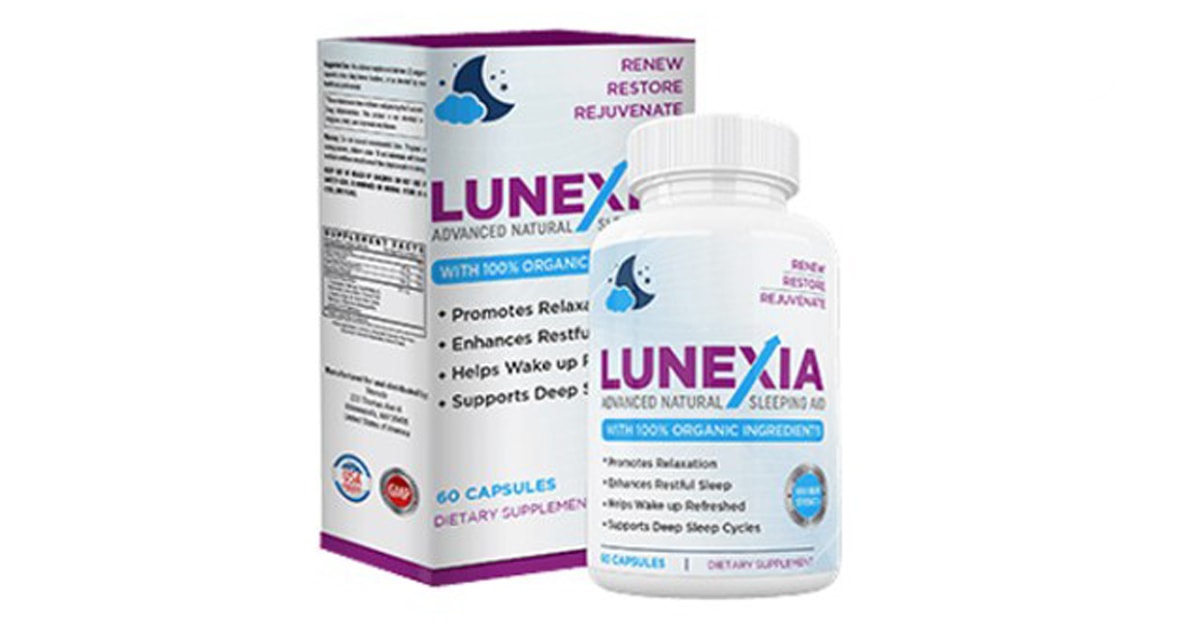
Caffeine is widely used among people to fight fatigue and stimulate alertness. It can be found in foods and beverages like chocolate, coffee, sodas and energy drinks.
Unfortunately, caffeine can have disastrous effects on your sleep (49, 50).
Although the effects of caffeine vary from person to person, it is recommended that you refrain from consuming caffeine at least six hours before bedtime. Instead, you can take a sleep promoting supplement like Lunexia. The Lunexia supplement contains a variety of ingredients that aim to improve the depth and quality of your sleep naturally (51). It contains L-Theanine, Melatonin, Niagen, 5-HTP, and Bioperine (52).
10. Take A Cold Shower or Ice Bath Before Bed

A popular silicon valley writer named Tim Ferriss swears by ice baths and cold showers to fall asleep fast. This isn’t something people with medical conditions should try though. Ferriss experimented with putting a few bags of ice into a bathtub — until the ice was around 80 percent melted — and sitting in it for 10 minutes. He suggests easing into this, to avoid shocking the body. However, the results are worth the discomfort: “like getting hit with an elephant tranquilizer, even if the melatonin is omitted. Don’t expect it to be pleasant at first.”
11. Put An End To Snoring
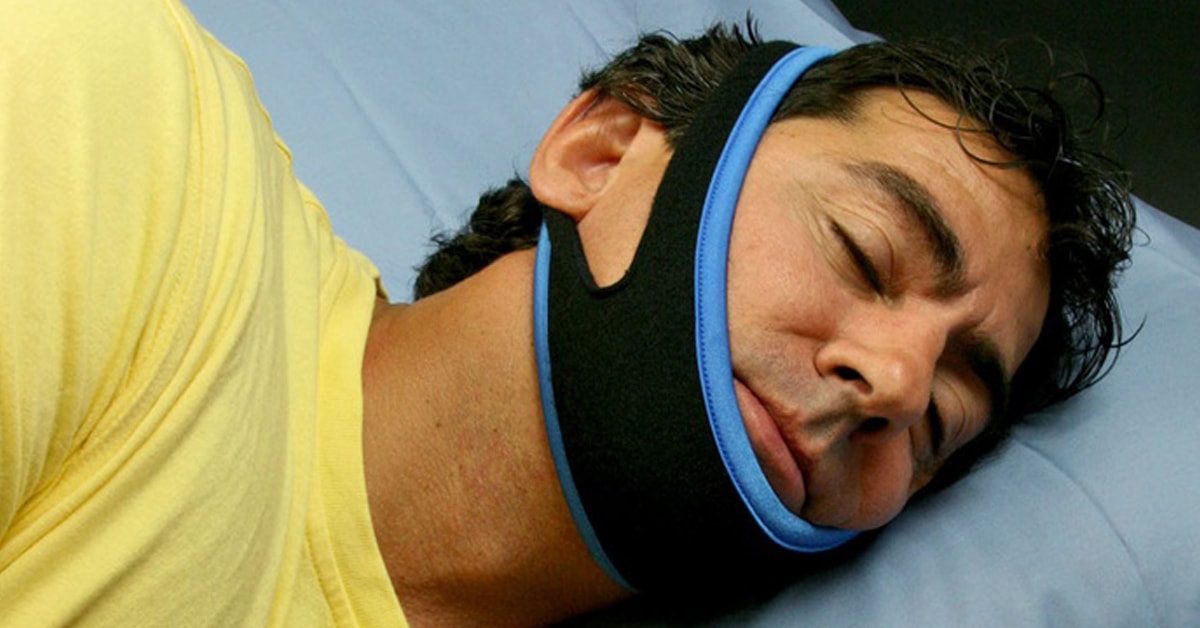
Maybe you sleep beside your wife or husband who snores and that’s having an impact on your sleep quality. Rather than making them purchase an expensive clunky CPAP device (unless a doctor says they need it), you can try a device called snoring solution. It offers a host of benefits, and has been proven to substantially lower Obstructive Sleep Apnea episodes, reduce the amount of snoring, and also people who use it have lower blood pressure readings in the morning (52).

References:
(2) https://www.ncbi.nlm.nih.gov/pubmed/22738673
(3) https://www.ncbi.nlm.nih.gov/pubmed/17049364
(4) https://www.ncbi.nlm.nih.gov/pubmed/15033148
(5) https://www.ncbi.nlm.nih.gov/pubmed/22048563
(6) https://www.ncbi.nlm.nih.gov/pubmed/18459154
(7) https://www.ncbi.nlm.nih.gov/pubmed/26075423
(8) https://www.ncbi.nlm.nih.gov/pubmed/23899598
(9) https://www.ncbi.nlm.nih.gov/pubmed/24503474
(10) https://www.ncbi.nlm.nih.gov/pubmed/24917305
(11) https://www.ncbi.nlm.nih.gov/pubmed/19060203
(12) https://www.ncbi.nlm.nih.gov/pubmed/1801013/
(13) https://www.ncbi.nlm.nih.gov/pubmed/24851405
(14) https://www.ncbi.nlm.nih.gov/pubmed/28648359
(20) https://www.ncbi.nlm.nih.gov/pubmed/25397662
(21) https://www.ncbi.nlm.nih.gov/pubmed/8642162
(22) https://www.ncbi.nlm.nih.gov/pubmed/18691289
(23) https://www.ncbi.nlm.nih.gov/pubmed/27633109
(24) https://www.ncbi.nlm.nih.gov/pubmed/17284739
(25) https://www.ncbi.nlm.nih.gov/pubmed/52766
(26) https://www.ncbi.nlm.nih.gov/pubmed/18681982
(34) https://www.ncbi.nlm.nih.gov/pubmed/25104243
(35) https://www.ncbi.nlm.nih.gov/pubmed/25328886
(36) https://www.ncbi.nlm.nih.gov/pubmed/25540588
(37) https://www.ncbi.nlm.nih.gov/pubmed/25350038
(38) https://www.ncbi.nlm.nih.gov/pubmed/19674684/
(39) https://www.ncbi.nlm.nih.gov/pubmed/11896375/
(40) https://www.ncbi.nlm.nih.gov/pubmed/25008402
(41) https://www.ncbi.nlm.nih.gov/pubmed/25022743
(42) https://www.ncbi.nlm.nih.gov/pubmed/27217803
(49) https://www.ncbi.nlm.nih.gov/pubmed/14592218
(50) https://www.ncbi.nlm.nih.gov/pubmed/16704567/
(51) https://www.ncbi.nlm.nih.gov/pubmed/26483209
(52) https://www.ncbi.nlm.nih.gov/pubmed/23669094
